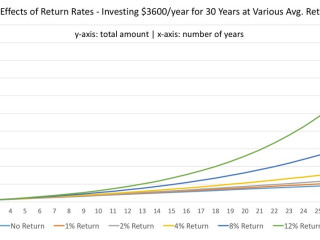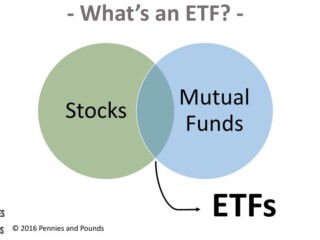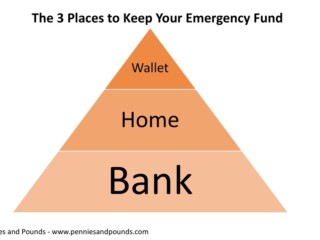The most basic question that one can probably ask regarding all things finance, economics, and money is “What is money?” We all know that a US Dollar Bill or a Euro is considered money, but most people have never really given thought to…
This is a topic that’s been covered by every financial blog, podcast, book, or show, but we’ve got to cover it here as part of the basics because a proper emergency fund is a basic necessity to financial well-being and financial health and I…
I wrote about Bitcoin previously. You can see my original article here. I have learned more about Bitcoin and more about investing, and I have been able to look at Bitcoin through a different lens since writing that…
The common financial rule of thumb says that you should have 3 to 6 months of living expenses in your emergency fund. But what does “living expenses” actually mean? To calculate your monthly living expenses, you need to combine the amount needed to…
What is investing? You know the word, but do you really know what it means? Are you investing or are you speculating? Knowing what investing really means and what constitutes investing (as opposed to speculation) might help you better wade through the many options…
In The 48 Laws of Power, Robert Greene takes the reader on a spectacular journey throughout history, stopping at a plethora of interesting destinations to demonstrate the use (or lack of use) of his 48 Laws.
The books roughly follow a basic pattern:
- Discuss the…
Here are the notes I took from a lecture on presentation fundamentals during my first year in grad school. The lecture was given by a professor who has a Ph.D. in English literature as well as an MBA and who is somewhat of…
We all know (or should know) that having an emergency fund is crucial to successful financial planning. Having a rainy day fund is one of the first things people should do when controlling their finances.
An emergency fund, although part of your overall…
Many people think that saving money and investing it is hard. They feel that saving is on the opposite spectrum of fun and involves scrimping, denying yourself, and harsh self-discipline. Saving does apply self-discipline and can be challenging at times (especially for those…
The Law of Demand can be represented by the following graph – a downward sloping line with Price (P) and Quantity (Q) on the axes.

The Law of Demand states that Ceteris Paribus,…
Have you heard the saying “More isn’t always better” before? That’s not true according to economists. An underlying assumption in economics is that, for goods (as opposed to bads), more is always better.
Why is this true? There are two things we can consider: (1)…
We all know (or should know) that buying a lottery ticket is truly a waste of money in the formal sense of the concept. Your chances of winning are likely less than your chances of getting struck by lighting. Even with an enormous jackpot,…
The United States Men’s National Soccer Team allows modern Americans to feel something very unusual yet something I find very profound and useful: We get to feel like the scrappy underdog clawing our way to the top.
For most of the twentieth century and the…
Sequential stock screening involves reducing the universe of stocks to a manageable size. For example, sequential stock screening might involve reducing all US publicly-traded stock to 10 stocks for use in a portfolio by eliminating stocks, one by one, based on filtration criteria (usually with…
Ever since I took my first economics course as a freshman in college, I fell in love with the field. As I continued my studies, both in the classroom and outside of it, my love for economics increased.
I am not sure why I am…







































